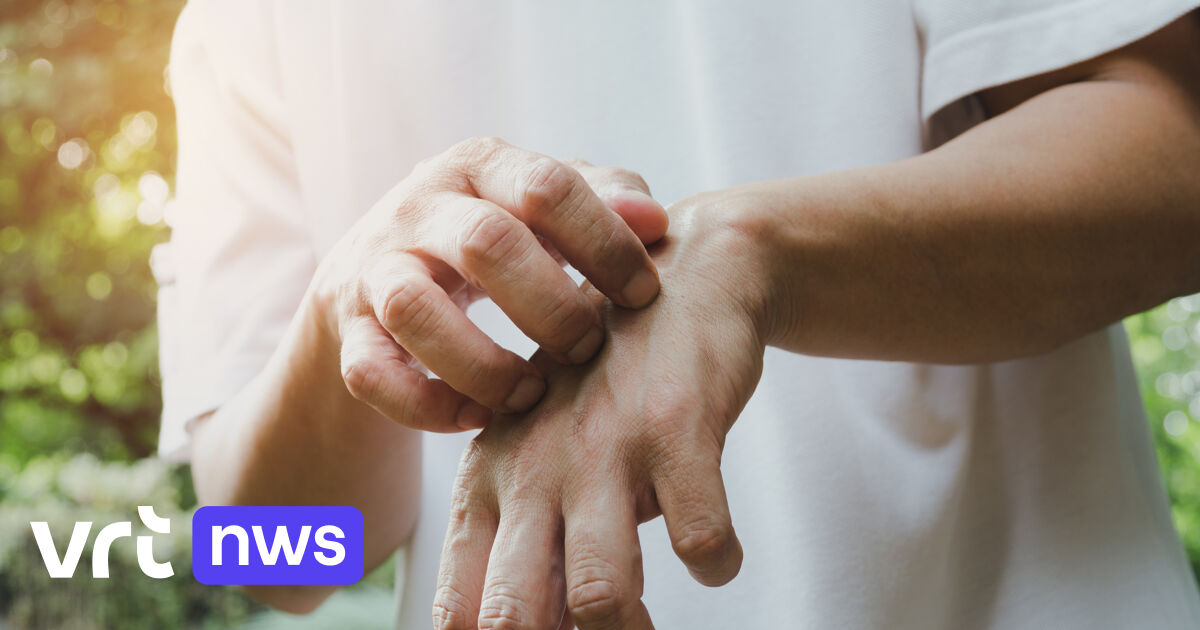She was about to catch the plane to Portugal. There, after twenty years of active addiction, she would finally get clean. But a few days before she was to board the plane, the press conference was held by Prime Minister Rutte. It was March 15, 2020. Marlijn received the now familiar words ‘The Netherlands will be locked’ via television.
“The clinic in Portugal temporarily decided not to take on new clients in the same week because of corona,” says Marlijn. “There I was, completely screwed up on my mother’s couch.”
Lockdown
Ten hours before she was due to be admitted, she had gone completely wild, like a kind of farewell party: coke, vodka, wine. One more time and it would be done. “What should I do? Wait for the borders to open again? That was no longer an option.”
She called the addiction clinic. “They didn’t immediately have a solution, but they came up with something.”
–
–
It was rehab via Zoom. Log in to the computer and talk to counselors, fellow sufferers, psychologists. Talk, talk and talk some more. “I drank water from the glass that I normally filled with vodka. I ate a sandwich from the plate where I snorted the lines of coke less than a week before.”
“I hadn’t even erased the dealer’s number from my phone. It was incredibly difficult to resist all the temptations.”
Accumulation of misery
Temptations she’d given in to almost every day for years. They were the result of an accumulation of misery. She ended up in prostitution because of her ex. He stalked her for a long time after she managed to break away from him.
In addition, her father died suddenly, she unexpectedly became pregnant during her relationship with a married man. Weeks later, a miscarriage followed. “My use was an escape from misery. After that miscarriage, my hell was complete. I went completely crazy for three months. I continued to use, because I thought: if I stop, the world will collapse. Then I feel so much grief and sadness I can’t handle that at all.”
–
–
On January 1, last year, Marlijn thought: this is no longer possible. She went to her mother. “It finally took me two months to seek professional help.”
And then came the lockdown. Marlin did everything she could to stay clean in an environment where she hadn’t been clean for a long time: her own home.
the blow
She went on Zoom, got to know fellow sufferers online and after the first three months she seemed well on her way. “Withdrawal does something to your ego. I thought I could take on the whole world, physically that withdrawal wasn’t even that hard.”
–
–
But on day 90 came the blow. “My whole body was craving a shot of something: love, alcohol, something to numb my emotions. To ease the pain I was now going to feel without being numb.” She logged in and shared her feelings in an online meeting.
‘Self-help groups of vital importance’
According to Marlijn, these anonymous self-help groups are of vital importance. “I trust them completely. With them I can cry, laugh, share all my emotions. It’s so important that someone says: I believe in you, until you believe in yourself.”
“I just couldn’t do it on willpower. There was a lawsuit against my ex, because of that stalking. The session was intense and traumatic. When I was outside, the first thing I thought was: I want to use. Now.”
–
–
She didn’t.
Marlijn has now been clean for more than 1.5 years. Meeting people, really connecting, that helps her. And write. She wrote a book about her online drug addiction process. About the struggles and about her success. “I feel great, but I also know that I am very sick. That is precisely why those meetings are so important. To never go back to where I came from.”
Hugs are vital
Despite corona, she also physically meets with fellow sufferers and counselors. A hug when you’re completely through it, according to Marlijn is extremely important. “I have seen many people around me fall away because of their addiction. That lockdown does not help. A recovering addict who is alone at home, that is very dangerous. Really, I am more afraid of a relapse than of corona.”
“Of course I see people in meetings with a mask on and at one and a half meters, but if someone is really on the ground, I give a hug without hesitation. It can be vital.”
–
–
Rehab in corona time
During the first lockdown in 2020, care within a number of addiction care institutions has been significantly scaled down, says a spokesperson for Jellinek. “Acute care has always continued, outpatient care and clinical care were often organized differently. The institutions sent many people home and they continued their process via video bubbles.”
“Many institutions have professionalized video calling at lightning speed. It is certainly an accessible way to get help for people with mild addiction problems. But after the first corona wave, we also noticed that video calling does not work for everyone. That is why it was decided to approach the individual client carefully. see whether online treatment is appropriate. Currently, part of the help is taking place online and part physically. Of course at a distance of one and a half meters.”
–
–


